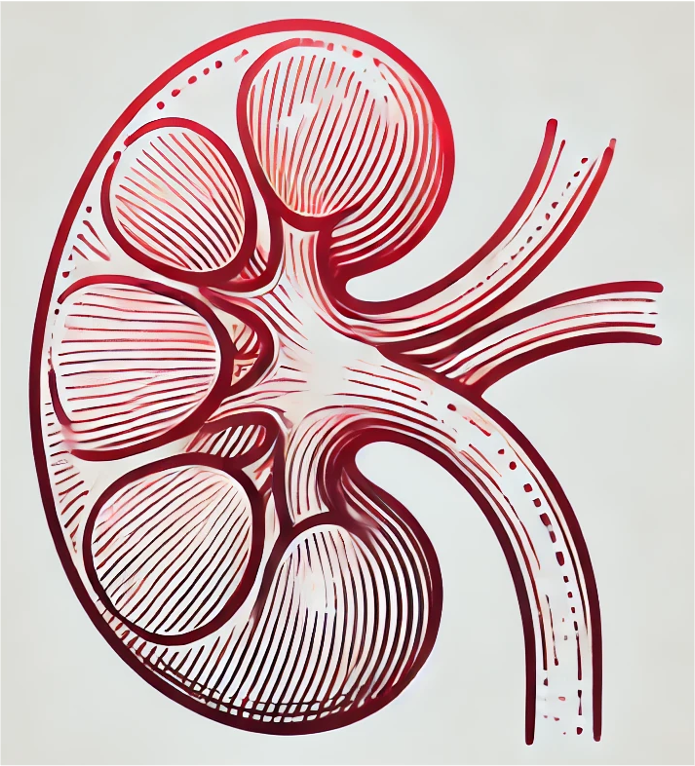Description
In numerous forms of organ injury, interstitial fibrosis is a final common pathway. Despite recent epidemiological studies, therapies to focus on fibrosis and to delay progressive renal failure are limited. Previously our group showed that sphingosine kinase 2 deficient-mice (SphK2-/-) develop less fibrosis in folic acid-induced or unilateral ischemia-reperfusion injury (IRI)-induced kidney fibrosis models. Sphingosine 1-phosphate (S1P) is produced by two sphingosine kinase isoforms (SphK1 and SphK2). S1P is involved in diverse functions, but the role of S1P produced by SphK2 is gathering attention as treatments focused on epigenetics have been developed. SphK2 is primarily located in the nucleus and S1P produced by SphK2 inhibits histone deacetylase (HDAC) and changes in histone acetylation status, which can lead to an altered target gene expression. We identified that bone marrow stromal cell antigen-1 (Bst1/CD157) is a gene related with kidney fibrosis based on the combination of genome-wide analysis and in vivo screening. SphK2 regulates Bst1 expression and Bst1-/- mice develop less fibrosis after unilateral IRI and are protected against renal bilateral IRI. Bone marrow chimera experiments further revealed the importance of Bst1 expression on hematopoietic cells. Furthermore we identified the role of Bst1 expression in neutrophils for inducing renal ischemia-reperfusion injury and fibrosis.
Overall Design
Renal fibroblast’s mRNA profiles of wild type (WT), SphK1-/- and SphK2-/- mice were generated by deep sequencing.
Curator
mj_li
